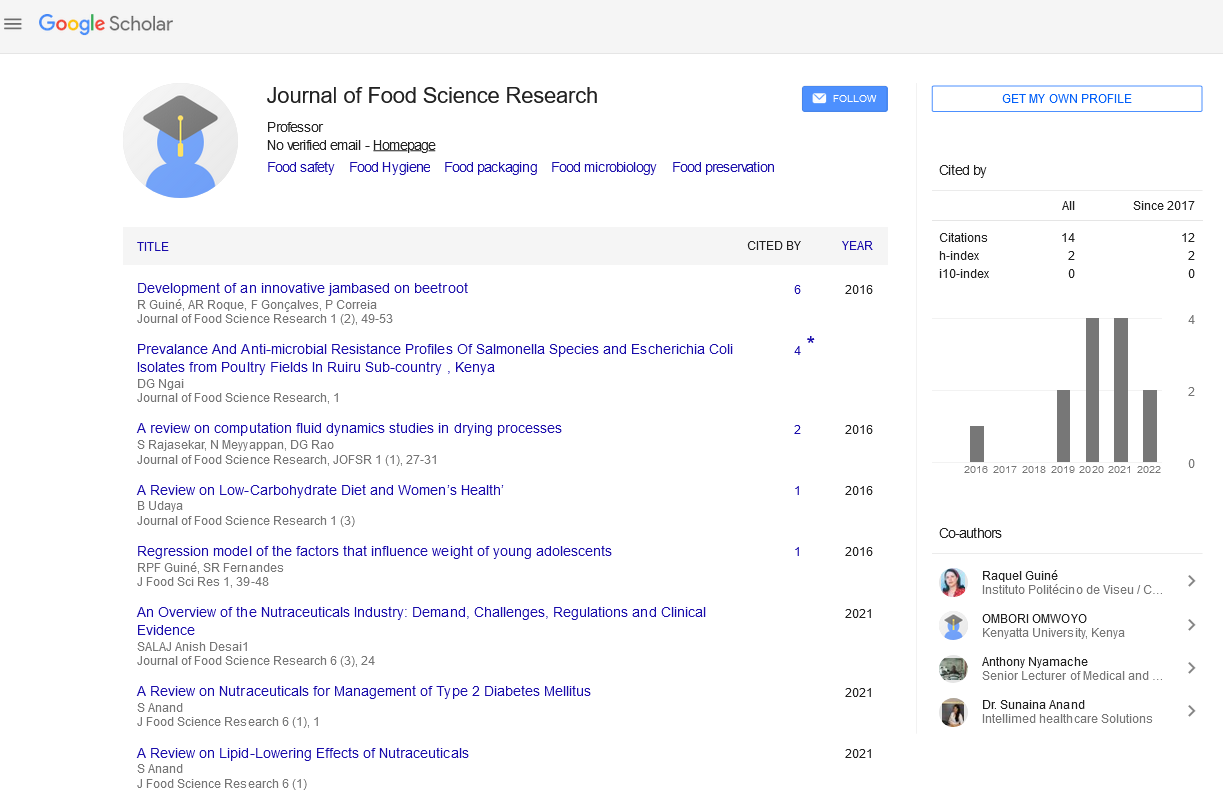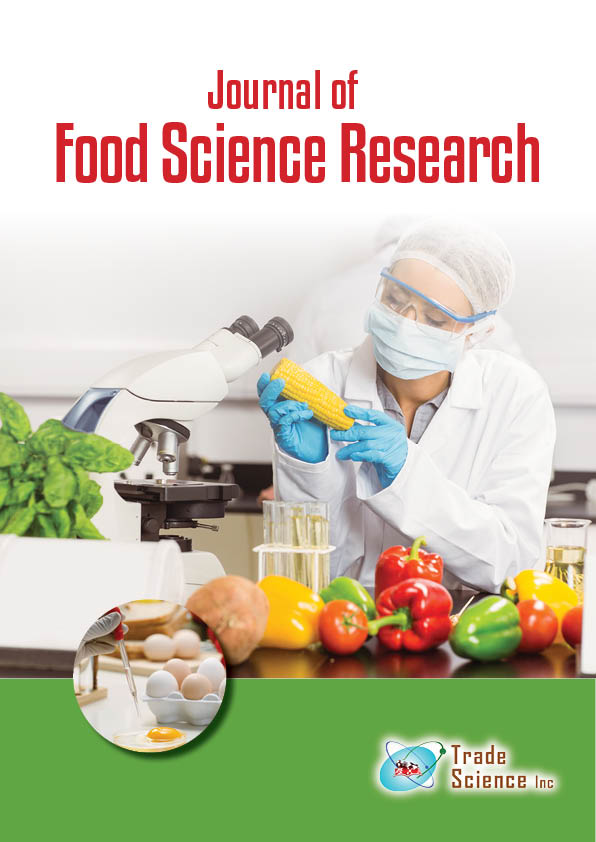Abstract
Food Science Research; Degrees and Dimensions
Author(s): Rakesh K. KhandalFood Science is a highly complex science for two main reasons: a) Almost all areas of sciences are relevant to it, as foods are nothing but materials of extraordinary nature, completely different from all other materials. Science behind each step involved in bringing food to the table and getting it consumed, starting from its production needs to be understood well and that’s not easy and b) Food is to be consumed not only just for survival but also for growth as well as for over all well-being during the whole span of life. Thus, for longevity as also for disease free life, in- depth understanding of food science is a must. Which food is to be eaten and which one should not be eaten; what combinations of different food are compatible and which are the combinations not compatible; all this needs a deep understanding and a thorough knowledge about the various sciences involved. As per ancient texts of Vedas, food is considered as god and it should be treated that way for well being. In fact, extensive research studies need to be conducted to evaluate and understand the vitality of food as per Vedic science. It is this vitality of food which is the most prominent factor that affects bioavailability of nutrients build immunity and this has become the most sought after research area, Post-Covid-19. This journal, in fact, should announce this area as a new and novel section so as to encourage researchers to ndertake relevant studies related to this area. Food processing, an emerging area which is not only of interest to the food manufacturers but also an area of concern for the policy makers all over the world mainly because, a high percentage fraction of food gets destroyed due to non-availability of processing capabilities. Perishable foods such as fruits and vegetables are the most vulnerable to spoilage and hence require processing using different processing technologies. But then, how different processing techniques would have an effect on the ultimate food quality? Aspects related to changes with respect to various parameters happening in food during and after processing will be of concern for food scientists in such a scenario. A number of technological interventions required mainly to enhance shelf-life such as radiation processing, thermal processing, high pressure processing, pulse electrical field processing etc and its effect on food will be studied. As far as the radiation processing is concerned, today, the whole world is sharply divided for or against radiation processing. Thus it would become imperative for the scientists to carry out studies and demonstrate especially to the EU countries which at present are opposed to food irradiation that there is no adverse impact of irradiation on food. Countries like India allow gamma irradiation for food but only after thorough studies to validate safe dosage.

